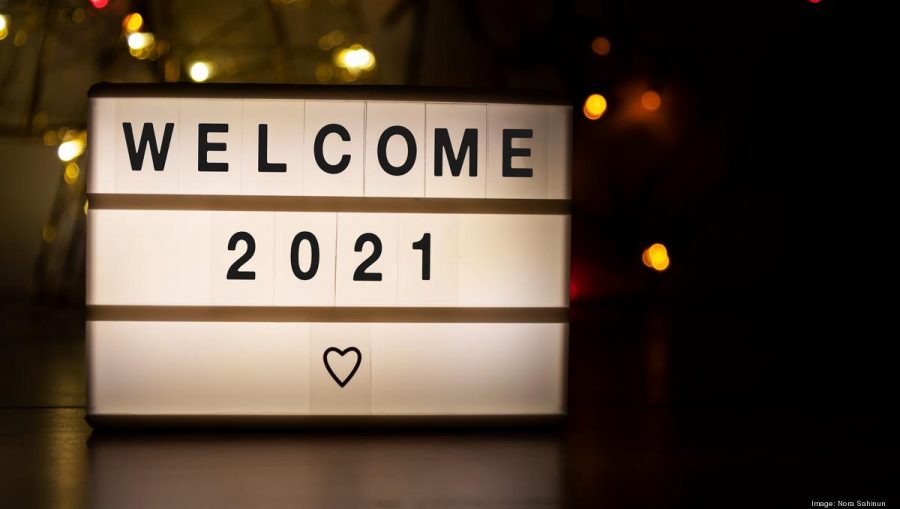Why New Year’s Resolutions Don’t Work
January 6, 2021
Only 10 percent of the population have success in making a New Year’s resolution and following through with it, leaving 90 percent of the population feeling like a failure. This sense of failure leaves us feeling discouraged and believing that we don’t have the willpower to make positive changes in our future.
So why do so many fail? The biggest problem with New Year’s resolutions is the date. Saying you will begin a new habit on the first of the year instead of right now isn’t logical. There is no magical power that a new year has and statistically, this is proven over and over again. If you truly want to make a change, you don’t need a new year to do that.
The second problem is that our expectations are unrealistic. The most popular resolution of going on a diet resolution and you will stop eating all junk food immediately sets you up for failure. New Year’s resolutions are goals and goals won’t be successful without small steps to help you get there.
Goals need to be specific. Losing weight doesn’t happen overnight, the weight gain didn’t happen overnight either. For example, the most successful diets occur when you lose one pound a week. So what steps do you need to take to achieve this small step? What were some of the bad habits that contributed to the weight gain? Knowing what is working and not in reaching these small steps will allow you to be more successful in reaching your end game goal. The small successes are also what will help to keep you motivated.
Here are some steps to help you make changes.
You don’t need a new year to begin. Just start.
Make realistic goals and break them down into smaller steps, and make your goals measurable.
Acknowledge your small wins, they lead to your big goal.
Set up systems to make good habits. Establishing habits that become automatic, will help you when you lose motivation.







